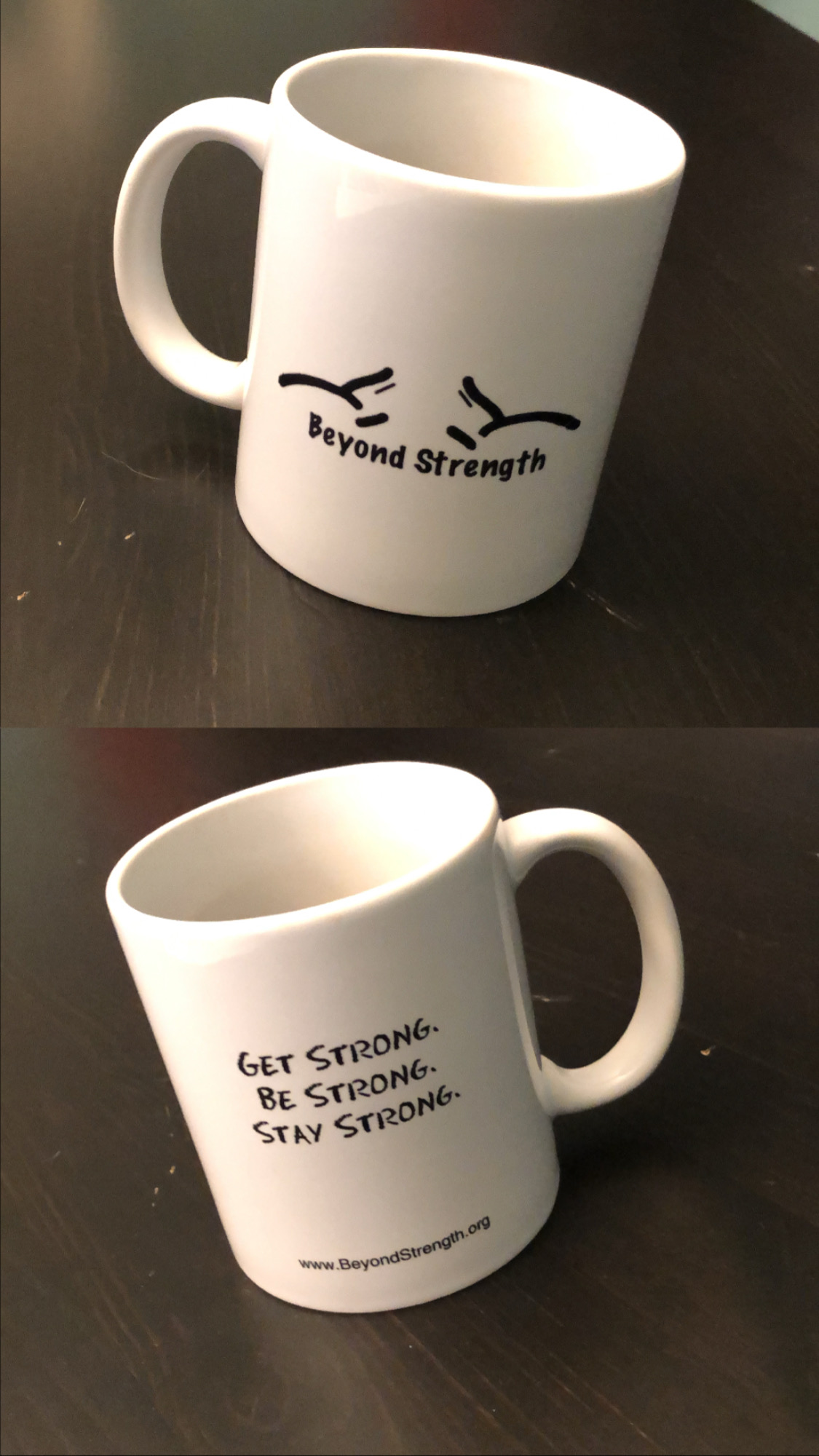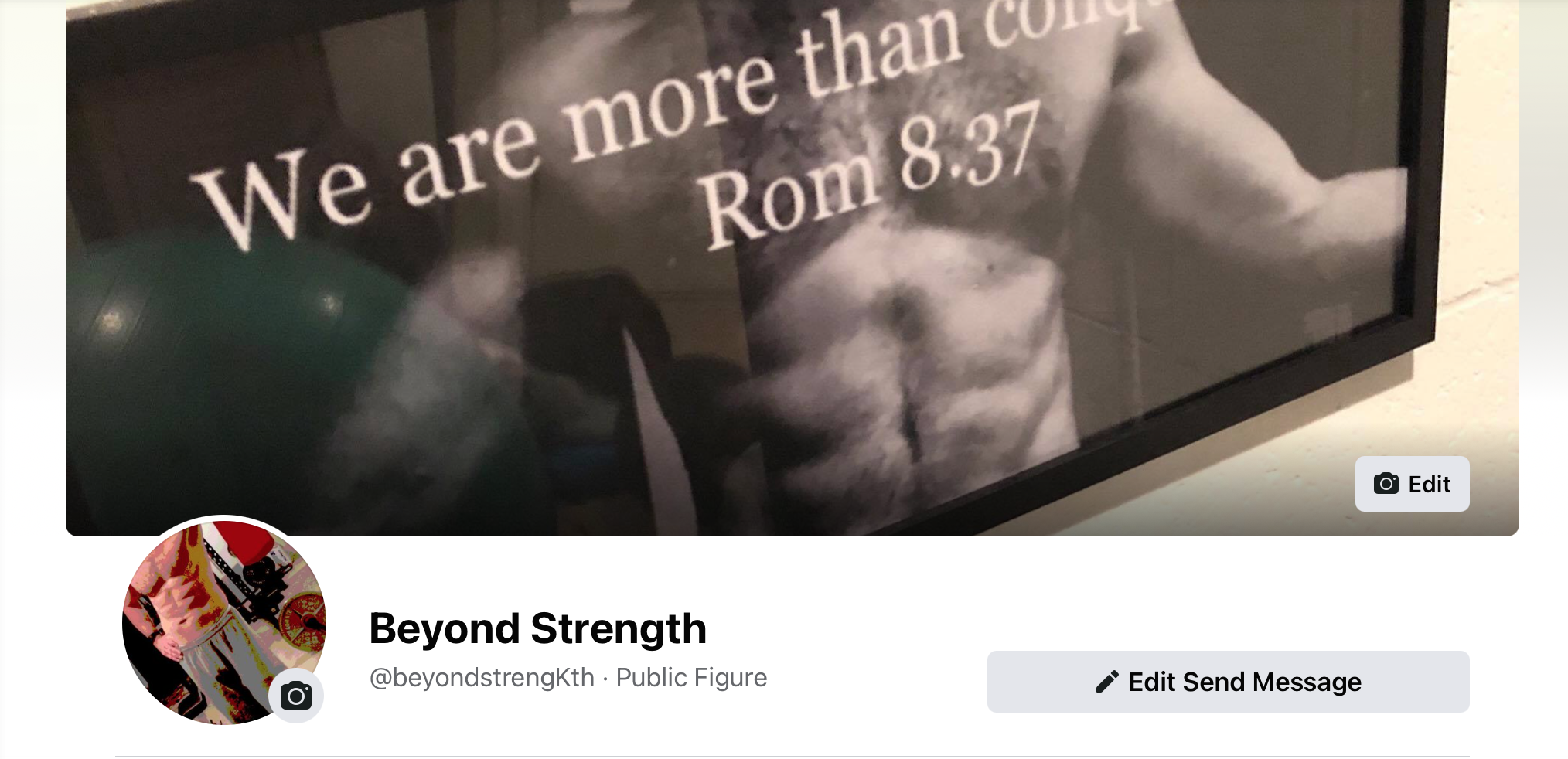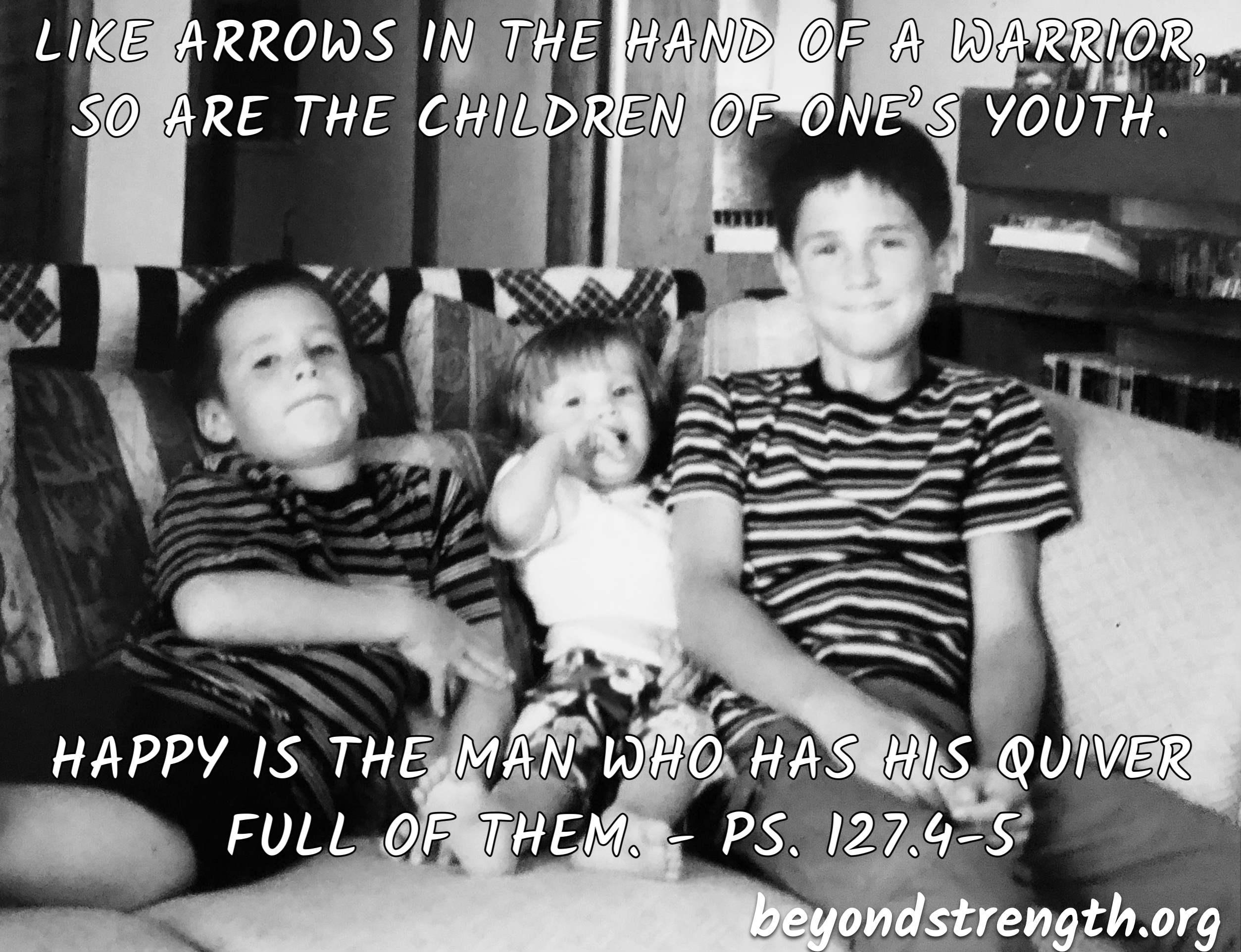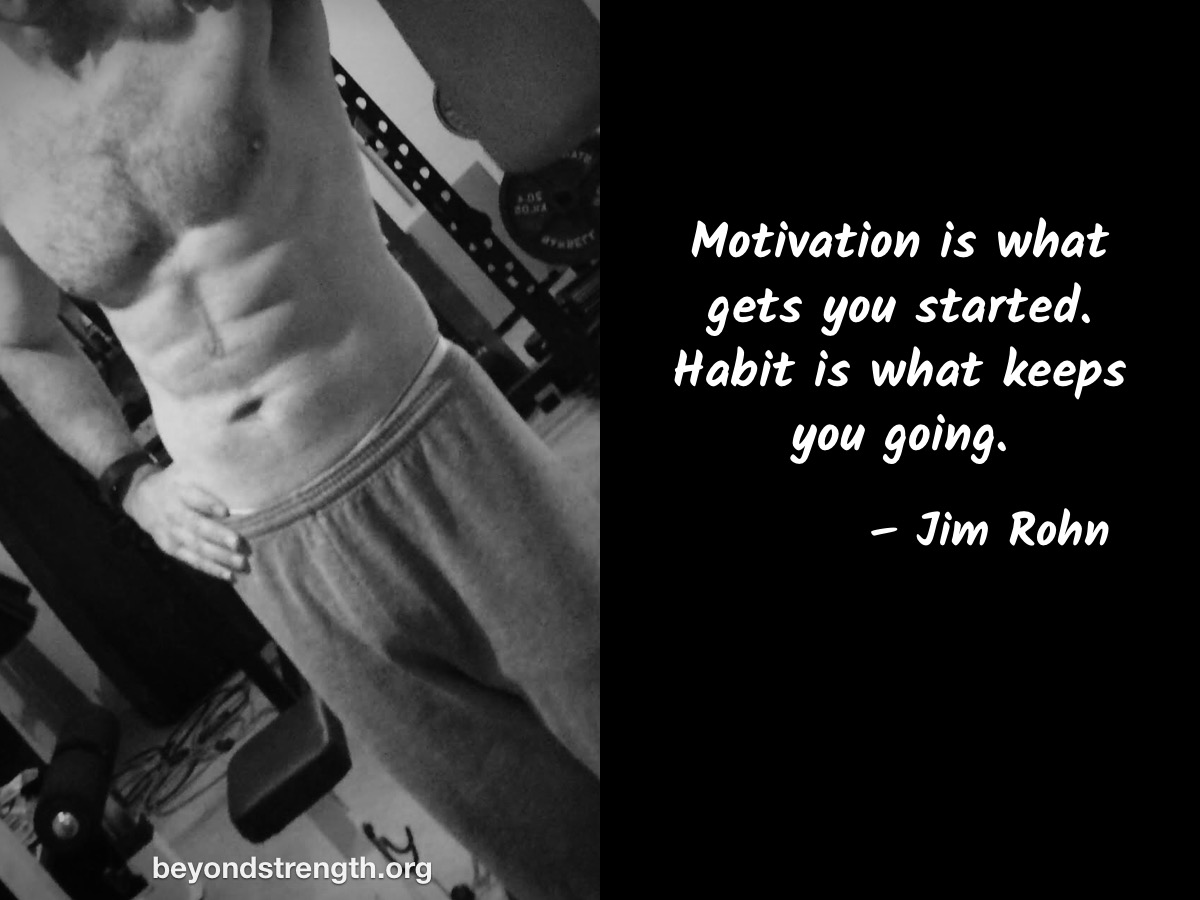Do you remember ‘Head, Shoulders, Knees and Toes‘? Details are a bit sketchy as to origin, but it seems most commonly associated with Sesame Street in recent history. Considering my advanced years, vague recollections of doing the song and dance as a youngster, and leading my children and other church kids in this whimsical time-killer, I’m certain its roots are long ago.
There isn’t much doubt this nursery-rhyme-variety, body-part-identifying dance revolution has been used countless times to help little ones burn off energy, distract, entertain, and teach where their head, shoulders, knees, toes, eyes, ears, mouth, and nose are located.
I now find myself wondering if this romper-room cavorting is a fun way to teach basic anatomy, or really a song about getting old?
Of the 90 or so articles I’ve published, I’m sure I’ve discussed all these people-parts in the context of aging or related to life, leadership, and fitness in some other way. But let me bottom-line some jagged points here that come to mind for each that perhaps people of all ages can take from the unintentional swipe this kids song takes at my aging, aching, trichotomy of weakness (body, mind, spirit).
Head: migraines, vertigo, male pattern baldness, thought life, insecurity, self-esteem, vanity, trouble focusing, inevitable senility.
Shoulders: shouldering my share of the work, vaccination scars (from a time there was much less controversy about getting one), proper development of, proper care for, arthritis from injury and overuse, physical therapy, inevitable surgery, and of course the Beyond Strength logo.
Knees: knobby, achy, creaky, crackly, scrapes, scars. But most of all, a need to spend more time on them in prayer and apology.
Toes: part of our feet, which should be going into all the world and making it a better place. I’m thankful to have reasonably presentable paws, but not everyone does. Some old-timers’ hooves show (and feel) the wear and tear of a lifetime spent clomping around on them. Take care of your feet (and your toes); they will thank you for it. Others will also appreciate it, especially if you’re one to wear sandals or go barefoot.
Eyes: itchy, watery, bloodshot, bags under, astigmatism, inevitable need for ‘readers’. Most importantly, their connection to thought life. Consider this, for one…”If your right eye causes you to stumble, gouge it out and throw it away.” (Matt. 5.29). Read the verse prior for context. On the plus side for a guy like me, the obvious brutality of the phrase surely excludes its literal translation. But the implication is clear. Look, God created countless beautiful things, women among the loveliest in my opinion. But don’t dwell. Appreciate their beauty and move on. Easier said than done…trust me, I know.
Ears: eavesdropping, protruding, ringing, diminished hearing, gravity and time’s lengthening effect, propensity to listen to or repeat the wrong things. Can you hear me now?
Mouth: see above. The mouth is one of the harshest and most weaponized of physical features. Once uttered, words can’t be undone. The mouth can equally affirm or destroy. Take it from someone who has been unfortunately good at both. Use yours wisely, kindly, lovingly.
Nose: first and worst is failure to recognize one’s own stench. Allergies, reddening, gravity and time’s lengthening effect, obvious target for blemishes, acne, and carcinoma. Beware digging for gold, especially when sitting in traffic.
I don’t think this made as much sense here as in my head when contemplating this article. But here’s the thing…we can learn a lot from what we did as kids. Age, experience, responsibilities, stress, the effects of aging, seeing what we do and are capable of when left to our own devices, and adulting in general can be depressing or overwhelming.
Use this as a motivator to do some things to improve your physical, spiritual, emotional, psychological, and social well-being. Even if it means running through the motions of Head, Shoulders, Knees and Toes a couple times.
It’s also good to remember old Sunday school songs like ‘O Be Careful Little Eyes’ or its more recent and powerful mashup ‘Slow Fade’ by Casting Crowns. Considering my own shortcomings and tendencies highlighted above, I should probably just play this on repeat. All day.
Be careful little eyes what you see
It’s the second glance that ties your hands
As darkness pulls the strings
Be careful little feet where you go
For it’s the little feet behind you
That are sure to follow
Be careful little ears what you hear
When flattery leads to compromise
The end is always near
Be careful little lips what you say
For empty words and promises
Lead broken hearts astray
The journey from your mind to your hands
Is shorter than you’re thinkin’
Be careful if you think you stand
You just might be sinkin’
It’s a slow fade
When you give yourself away
It’s a slow fade
When black and white have turned to gray
And thoughts invade, choices made
A price will be paid
When you give yourself away
People never crumble in a day
People never crumble in a day
Daddies never crumble in a day
Families never crumble in a day
Oh, be careful little eyes what you see
Oh, be careful little eyes what you see
For the Father up above is looking down in love
Oh, be careful little eyes what you see
Source: Musixmatch. Songwriters: John Mark Mark Hall
Slow Fade lyrics © Sony/atv Tree Publishing, My Refuge Music
(Some repeat choruses omitted for brevity)
Get Strong. Be Strong. Stay Strong.
























